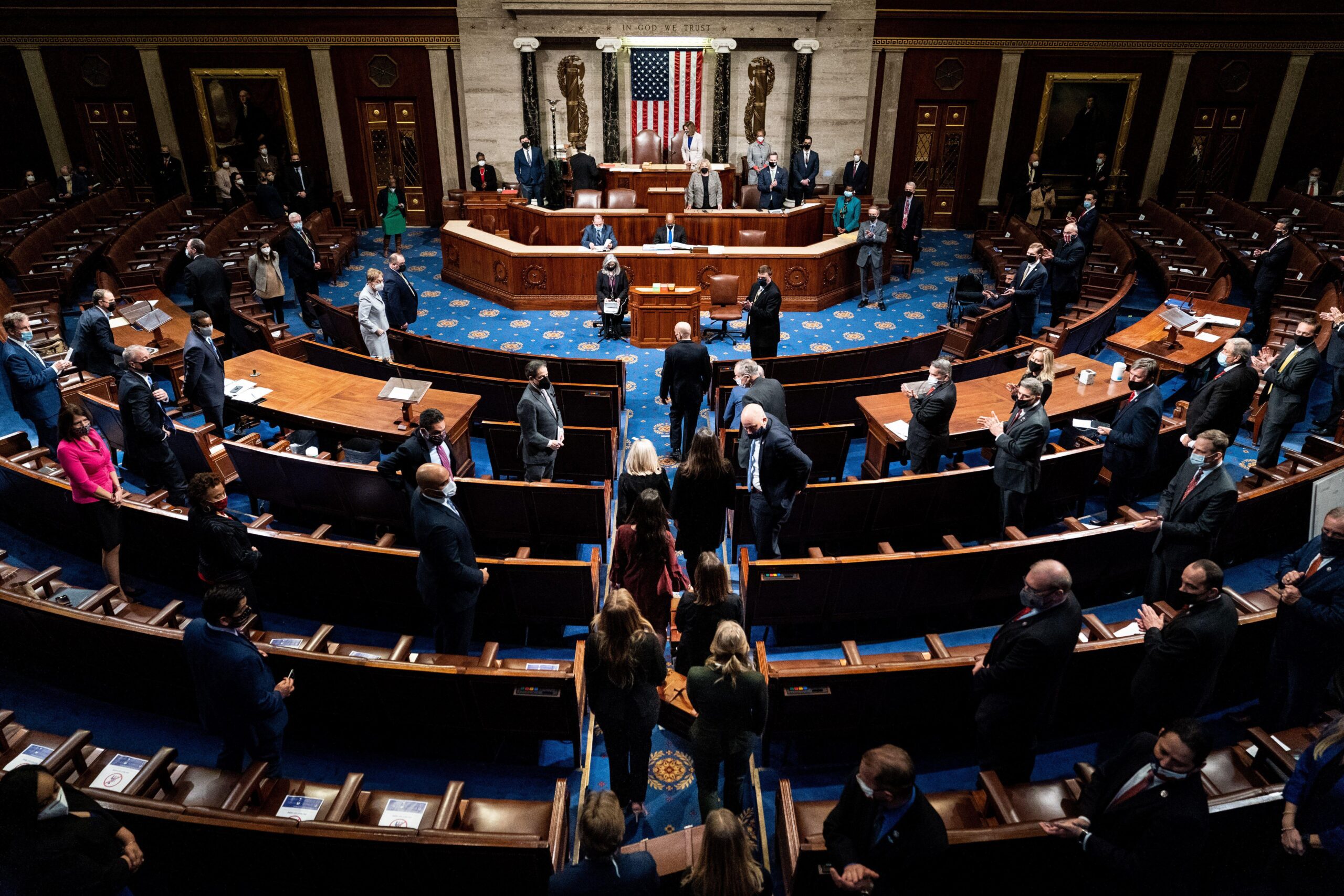WASHINGTON — In an unprecedented display of bipartisan cooperation, Congress passed the National Alertness Prevention Act (NAPA) on Thursday, mandating daily naps for all employed Americans, including the Commander-in-Chief himself. The groundbreaking legislation emerged after lawmakers accidentally achieved consensus while collectively dozing off during a 3 AM budget session.
“We realized we were most productive when unconscious,” said Senate Majority Leader Mark Simpson, speaking from his newly installed orthopedic office recliner. “The data was irrefutable – congressional efficiency peaked whenever half of us were asleep during debates. Imagine what we could accomplish if everyone was required to nap.”
The law, set to take effect next month, requires all employees to take a mandatory 90-minute nap between 2-4 PM, with violations punishable by forced viewing of C-SPAN programming until drowsiness occurs. The White House has already begun renovating the Oval Office to accommodate a presidential “Executive Snooze Suite,” complete with memory foam mattress and classified blanket warmers.
Corporate America has scrambled to adapt to the new requirements. Wall Street traders have demanded specialized sleeping bags with built-in Bloomberg terminals, while tech giants like Google have simply rebranded their frequent server crashes as “scheduled server naps.” Meanwhile, the Pentagon has fast-tracked development of “tactical hammocks” for combat situations, ensuring American military dominance in both conscious and unconscious operations.
“This is a game-changer for national security,” declared General James Whitfield, highlighting the military’s new “Sleep and Sweep” protocol. “Our enemies won’t know if we’re actually napping or just practicing our new stealth technique.”
The economic implications have been swift and dramatic. The mattress industry has seen stocks soar, while coffee shops nationwide have pivoted to selling chamomile tea and bedtime stories. One ambitious startup, “Uber Sheets,” now offers emergency blanket delivery services for those caught napless in public.
Supreme Court justices have embraced the change with characteristic restraint, noting they’ve been practicing for this moment for decades. “We’ve been perfecting the art of maintaining consciousness during oral arguments for years,” said Justice Elena Cooper, speaking from her custom-fitted bench hammock. “Finally, our expertise is legally recognized.”
President Harris has fully embraced the new protocol, releasing an official presidential nap schedule and announcing that future State of the Union addresses will be delivered in presidential pajamas. Foreign policy has also adapted, with diplomatic protocols now requiring visiting dignitaries to bring their own pillows to international summits.
“The nuclear football has been replaced with a more ergonomic nuclear beanbag,” confirmed White House Press Secretary James Martinez, demonstrating proper nodding-off techniques during his daily briefing. “It’s all part of our new ‘Sleep First, Ask Questions Later’ foreign policy initiative.”
Early studies have shown promising results, with workplace grumpiness decreasing by 73% and congressional approval ratings reaching record highs during naptime. The international community has taken notice, with several European nations considering similar legislation, citing inspiration from the “American Dream.”
Citizens are urged to prepare for the law’s implementation by stockpiling essential supplies. “Remember, sleep is no longer just a right – it’s your patriotic duty,” declared the Department of Labor’s new Sleep Enforcement Division. “The time to resist consciousness is now.”
When reached for comment, President Harris merely mumbled something unintelligible before rolling over, a response that polls show has increased her approval rating by 15 points.
A recent Gallup poll revealed that 82% of Americans support the legislation, though critics note the survey was conducted during the mandatory nap period, and most respondents were answering in their sleep.
“I’ve never been more unconscious of my responsibilities,” the President later stated in a formal pillow statement, before declaring a state of national hibernation and drifting off during a crucial G7 summit.
As America enters this new era of institutionalized drowsiness, one thing remains clear: the nation’s productivity may never wake up – and that might be exactly what Congress intended.
Reporting was contributed by several journalists, most of whom are currently unavailable for comment due to compliance with federal napping regulations.


